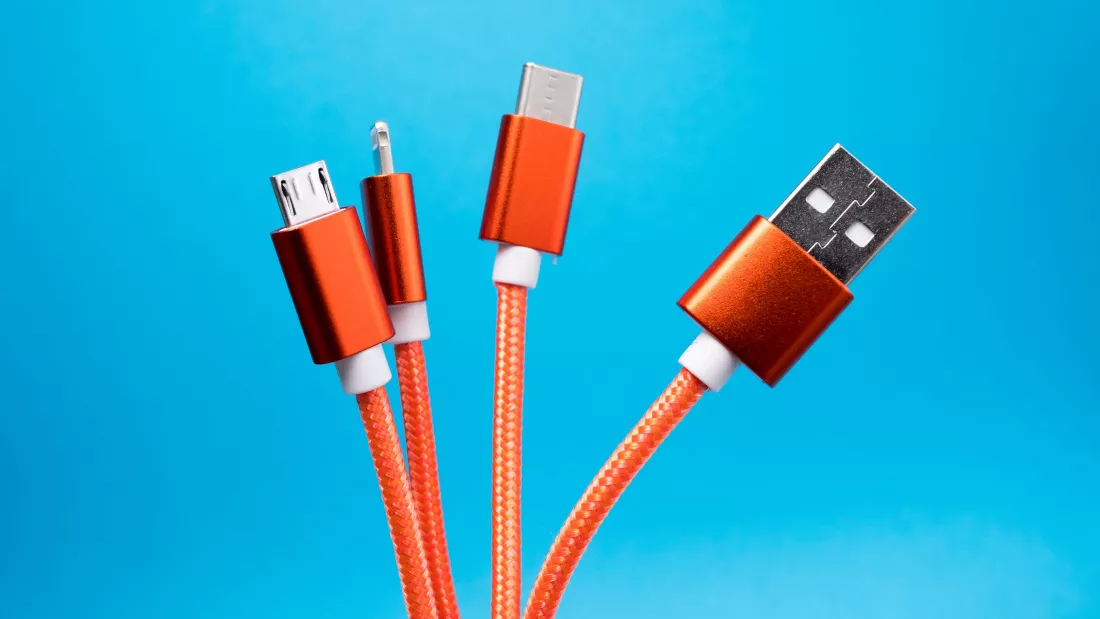What just happened? The European Parliament has voted to pass EU legislation that will see USB-C become the universal charging format across numerous consumer electronic devices, including iPhones, by the end of 2024.

The European Commission's more than decade-long fight for a universal charging solution appeared to be almost over in June when EU lawmakers finalized legislation that would see all phones, tablets, and other small electronics sold in the region feature USB-C charging ports, thereby reducing e-waste.
The European Parliament voted on the rule earlier today, and, as expected, it passed by a landslide: 602 votes for, 13 against, and eight abstentions. It still needs final approval by the Council, but that step is considered a formality.
We welcome @europarl_en adoption of our proposal for a common charger to reduce electronic waste and the fuzz of having several cables for different devices.
— European Commission 🇪🇺 (@EU_Commission) October 4, 2022
USB Type-C port will be the new standard for portable devices by the end of 2024.#DigitalEU pic.twitter.com/R1gPbIBY4D
The directive will come into force 20 days after it is published in the EU Official Journal, and its requirements will apply to new devices after 24 months (40 months for laptops). Any products that went on sale before the date of the application are exempt and can continue to be sold after that point.
The entire list of electronic items covered by the law includes e-readers, earbuds, keyboards, computer mice, portable navigation devices, smartphones, tablets, digital cameras, headphones and headsets, handheld videogame consoles, and portable speakers that are rechargeable via a wired cable and operating with a power delivery of up to 100 Watts. Laptops are also on the list, though they have until Spring 2026 to make the switch.
Products too small to feature USB-C charging ports, such as smartwatches and fitness trackers, will be exempt from the rules, but the legislation may eventually be widened to cover these items.
The Commission is also looking to ensure a wireless charging standard by the end of 2024 as the adoption of the technology increases. There have been rumors that Apple is considering a port-free iPhone that can only be charged wirelessly.
The biggest company impacted by the change will, of course, be Apple. Despite Cupertino's iPad lineup making the switch to USB-C, its iPhones are still sporting Apple's propriety Lightning ports. However, the company is widely expected to launch the first iPhone with USB-C in 2023, before the EU law forces its hand.
https://www.techspot.com/news/96195-goodbye-lightning-port-eu-votes-make-usb-c.html
